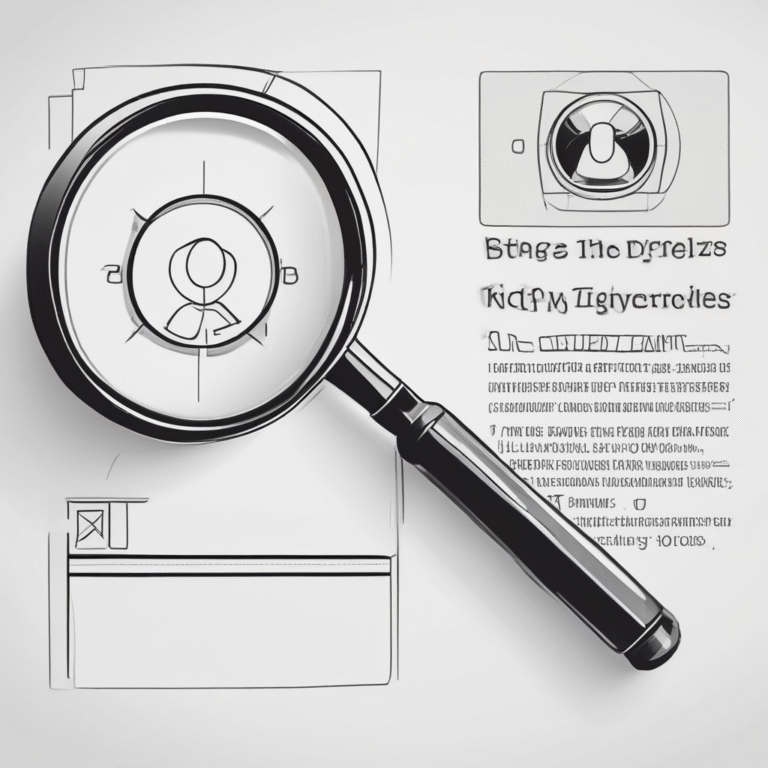AI in Gambling: A Race Between Improvement Chances, Regulatory Compliance, and Potential Liability
In the evolving digital landscape, the deployment of Artificial Intelligence (AI) in gambling presents bold promises, including enhanced operational efficiency, real-time risk management, and personalized user experiences. However, these advantages come with rising regulatory expectations and potential liability risks.
I. Tech Failures Trigger Enforcement
Technical failures in gambling operations have escalated from minor issues to potential multimillion-dollar liabilities. For instance, in France, Unibet faced an €800,000 fine due to a software malfunction that allowed self-excluded users access to their platform. Similarly, Australian regulators imposed a 1 million AUD fine for the same failure. In the UK, Bet365 was fined over 500,000 GBP for deficiencies in its responsible gambling software.
These incidents underscore the increasing enforcement actions, where regulators issued over 184 million USD in fines globally in 2024. Operators leveraging AI-driven systems face multiple layers of regulatory exposure, including compliance with gambling supervision, the upcoming EU AI Act, GDPR, and AML/CTF regulations. A single system failure can trigger enforcement across various legal frameworks, necessitating that systems be transparent, auditable, and compliant by design.
II. AI in Gambling Operations
AI systems can perform various operational and compliance functions in the gambling sector, including:
- Biometric identity verification of players
- Risk scoring for players
- Player segmentation for targeted marketing
- Early detection of problematic gambling behavior
- Automated transaction monitoring for AML/CTF purposes
- Dynamic game adaptations based on player ability
- AI-driven customer service via chatbots
While these systems aim to support compliance and player protection, improper outputs can inadvertently create compliance risks. AI decisions are probabilistic and shaped by training data, often lacking transparency. This can lead to overreach, misclassification, or legally problematic outcomes. Thus, ensuring data integrity in AI systems is crucial to avoid biases and potential discrimination.
III. The EU AI Act: A New Compliance Frontier
The adoption of the EU Artificial Intelligence Act (EU) 2024/1689 introduces serious liability risks for operators. It establishes obligations across the entire AI lifecycle, from design and training to deployment and post-marketing oversight. The Act categorizes AI systems into three classes: prohibited, high-risk, and limited-risk.
1. Prohibited AI Practices
Prohibited systems are banned outright due to their unacceptable potential for harm. While online gambling providers are unlikely to fall into these categories, engaging in prohibited practices can result in significant fines—up to €35 million or 7% of global turnover.
2. High-Risk AI
More relevant to the gambling sector is the classification of high-risk AI systems. Compliance-relevant AI systems for financial scoring, particularly in affordability assessments, are likely to be classified as high-risk. These systems must adhere to a comprehensive set of legal requirements, including:
- Development within a robust risk management framework
- Incorporation of accurate training data
- Human oversight mechanisms
- Transparency protocols
- Cybersecurity safeguards
Non-compliance can result in administrative fines of up to €15 million or 3% of global turnover, whichever is higher.
3. Limited Risk AI
AI systems that do not fall under the high-risk category, such as biometric verification tools or early warning systems, are classified as limited-risk systems. These face moderate obligations primarily related to ensuring AI literacy among staff, transparency requirements, and compliance with applicable regulations.
IV. No Stand-Alone Compliance Frontier
The AI Act mandates that AI systems be auditable and explainable by design, requiring operators to maintain risk logs and monitor data inputs for drift or bias. Compliance with the AI Act is not standalone; it must be coordinated with existing data protection requirements under the GDPR and other regulatory frameworks.
V. Gaining Competitive Advantage
Forward-thinking gambling operators are conducting AI audits, mapping their systems, and aligning with AI risk frameworks to prepare for compliance with the AI Act. Recognizing AI as not just an efficiency tool but also a regulated system is crucial. Operators should focus on mapping AI systems, developing compliance procedures, and ensuring meaningful human oversight of AI-supported decisions.
VI. Conclusion
AI in gambling is more than a compliance challenge; it is a powerful market differentiator. Operators who proactively address compliance issues related to their AI systems will not only reduce regulatory risks but also gain a competitive edge. Embracing regulatory requirements and best practices can facilitate new partnerships and enhance customer retention in an industry where speed and agility define success.










